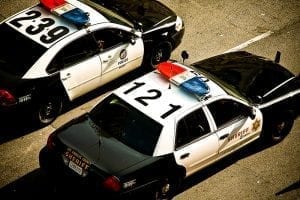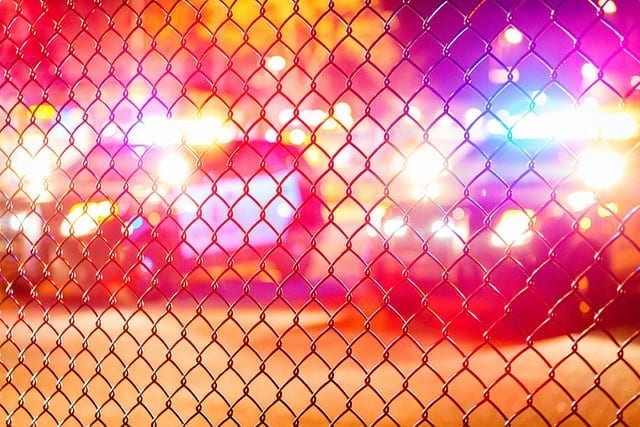Not surprisingly, the act’s evocative name has garnered it no shortage of critics.
The San Francisco Board of Supervisors unanimously approved legislation seeking to punish people who place 911 calls motivated by bias.
According to The New York Times, the legislation is entitled the Caution Against Racial and Exploitative Non-Emergencies Act. It is noteworthy, in part, for its evocative acronym—the CAREN Act.
The Times notes that the bill’s lead sponsor denies intentionally naming the legislation after the so-called “Karen” phenomenon.
The “Karen” meme, explains CNN, is something of a cultural meme—it refers, by and large, to middle-aged white women who are quick to anger over trivial inconveniences. More recently, “Karen” has been used to deride white women—and sometimes men, too—who presume that people of color participating in everyday activities are potential criminals.
The Times reports that all 11 of the Board’s members have signed on as co-sponsors. The city’s mayor, London Breed, is expected to sign the proposal into law once it passes the Board’s final vote next week.
“We wanted to put something in place that’s going to stop these racist, prejudiced calls that weaponize police against Black people and people of color,” said Democratic Supervisor Shamann Walton.
Several similar acts have been proposed or approved in cities across the United States. Grand Rapids, Michigan, recently passed an ordinance which prohibits racial profiling in 911 calls, while Oregon’s Senate approved a law that would let the victims of frivolous emergency calls file lawsuits against the dialer.

San Francisco’s CAREN Act would allow any person who is the subject of a false or frivolous 911 call to sue the caller for at least $1,000, providing that the police responded to the call or that the victim was harmed in some way.
Harm, says the Times, need not be physical—someone who is arrested and eligible to sue under the CAREN Act could claim emotional trauma or reputational damage if they arrested.
The law itself was drafted by San Francisco Human Rights Commission Chief of Staff Brittni Chicuta following the case of Viktor Stevenson.
Stevenson, a young Black man, was confronted by police after a caller reported that Stevenson was trying to break into a business—a business which turned out to be Stevenson’s own lemonade stand, which he was opening for the day.
Nevertheless, the CAREN Act’s name attracted criticism from San Francisco residents.
One woman, says CNN, suggested that the play on “Karen” is both sexist and racist.
“The name of the act places a target on my name as a racist and I am not one,” a San Francisco resident wrote to the Board of Supervisors. “By associating the name ‘Caren’ or anyone elses name [sic] with such a law, really is offensive.”
Another individual expressed support for the law’s intent but took similar issue with its title.
“I do not have objection to this act; the issue it is trying to address is wrong,” they wrote. “I do strongly object to the name. The insensitive choice of many people to use the name Karen as a general purpose term of disapproval for middle age white women needs to stop.”
CNN adds that San Francisco’s CAREN Act—offensive in name or not—is similar to California Assembly Bill 1550. Introduced by Assemblyman Rob Bonta, AB1550 makes it unlawful for callers to “fabricate false racially biased emergency reports.” Just like the San Francisco ordinance, AB1550 would allow the subjects of such calls to sue or otherwise hold callers liable if they suffer any harm in the aftermath of biased reports.
“Using 911 as a tool for your prejudice towards marginalized communities is unjust and wrong!” Bonta later wrote on Twitter.


Join the conversation!